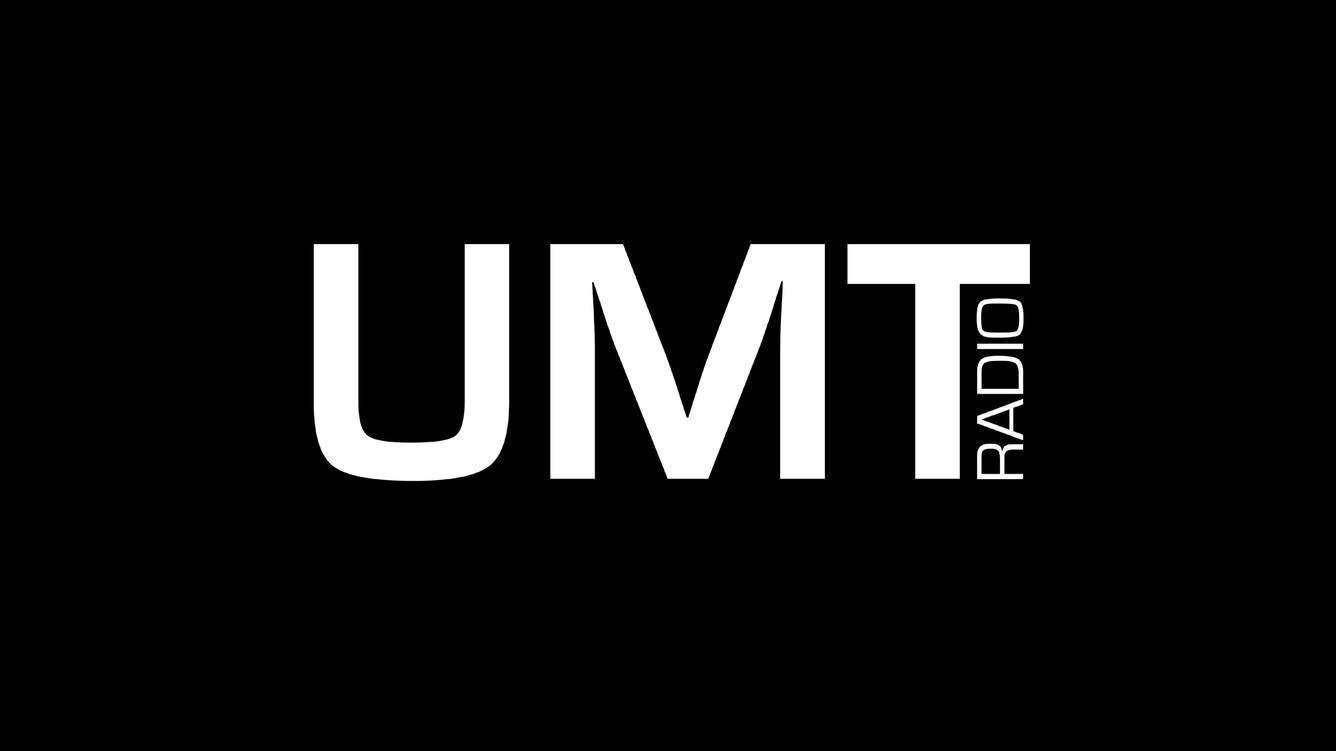by Brian Hioe
語言:
English
Photo Credit: UMT Radio
Brian Hioe spoke to Kyrie Manson from UMT Radio. The following article originally appeared on Electric Soul, a Hong Kong-based electronic music magazine and ticketing platform, on February 3rd.
Brian Hioe: First, could you introduce yourself for readers that might not know now?
Kyrie Manson: Hi, my name is Kyrie. I’m part of the team at UMT Radio. I’ve been living in Asia (on and off) for about seven or eight years and I’ve been living in Thailand for around three years.
I was bouncing about for a few years between Goa, Bali, and occasional trips back to the UK. In 2018, I planned to head to China and visit Thailand first, to see my friend Charlie Garrett from my London days. He was training Muay Thai and making a film about it in Korat (Nakhon Ratchasima, the gateway to Isan). Charlie introduced me to TJ (Sitthiphon Suparatpinyo) and the rest of the Loco Room crew there. It was great to meet them and I liked Thailand so much, I never left.
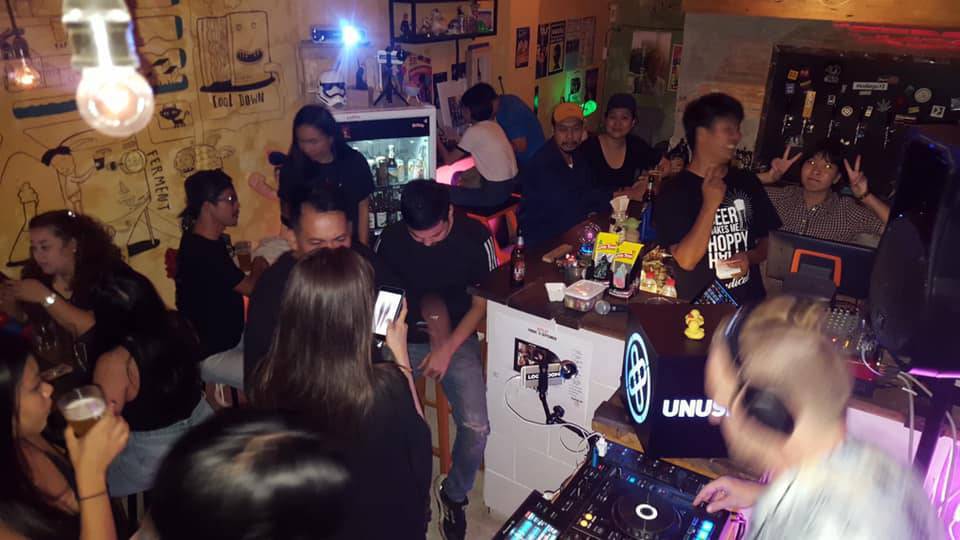
Kyzersan – Locoroom
BH: How did UMT Radio start?
KM: When I first arrived in Thailand, I was booked to play with the Loco Room crew, headed up by TJ Tiesjungle. It was for a party in Koh Chang. Charlie had started to DJ with them in Korat and made the connection.
TJ is from Korat and has been involved in the Thai underground music scene for over twenty years. When I got to know TJ more, I found that he is an amazing DJ, makes great music and is so passionate about it as well. He’s also helped lots of other DJs in their development, some well-known DJs from Thailand that have made it quite big. Or at least he had some input when they started.
Korat does not have a (commercial) airport and is approximately a 4+ hours drive from Bangkok (in good traffic). So it means it is harder to get to all the places where the scene has developed more. This is when the idea started I guess, as a way to connect and support artists from different places alongside those more involved in busier areas.
I had been doing music-based projects in different places before and worked for over 20 years in music/ sound studios, record labels, and also with great venues and festivals. After settling a bit more here, and being made to feel at home so much I felt it would be nice to give something back. I met quite a few other DJs here (Thai and Foreign-based) and started to talk to them more about the scene here and the idea of creating a platform.
Through TJ, I got to know Vimal Pawa and Marcos Victorino in Koh Lanta/ Krabi (South Thailand), who are both also core members of UMT. The pieces started to fall into place as they also have the same passion as TJ and I, to try and create something that we felt could be new. We all have a history with the music scene and between TJ’s creative skills, Vimal’s marketing know-how, and Marcos’ technical resources we got together to try and put the radio in action. It was kind of a loose process of joining the dots.
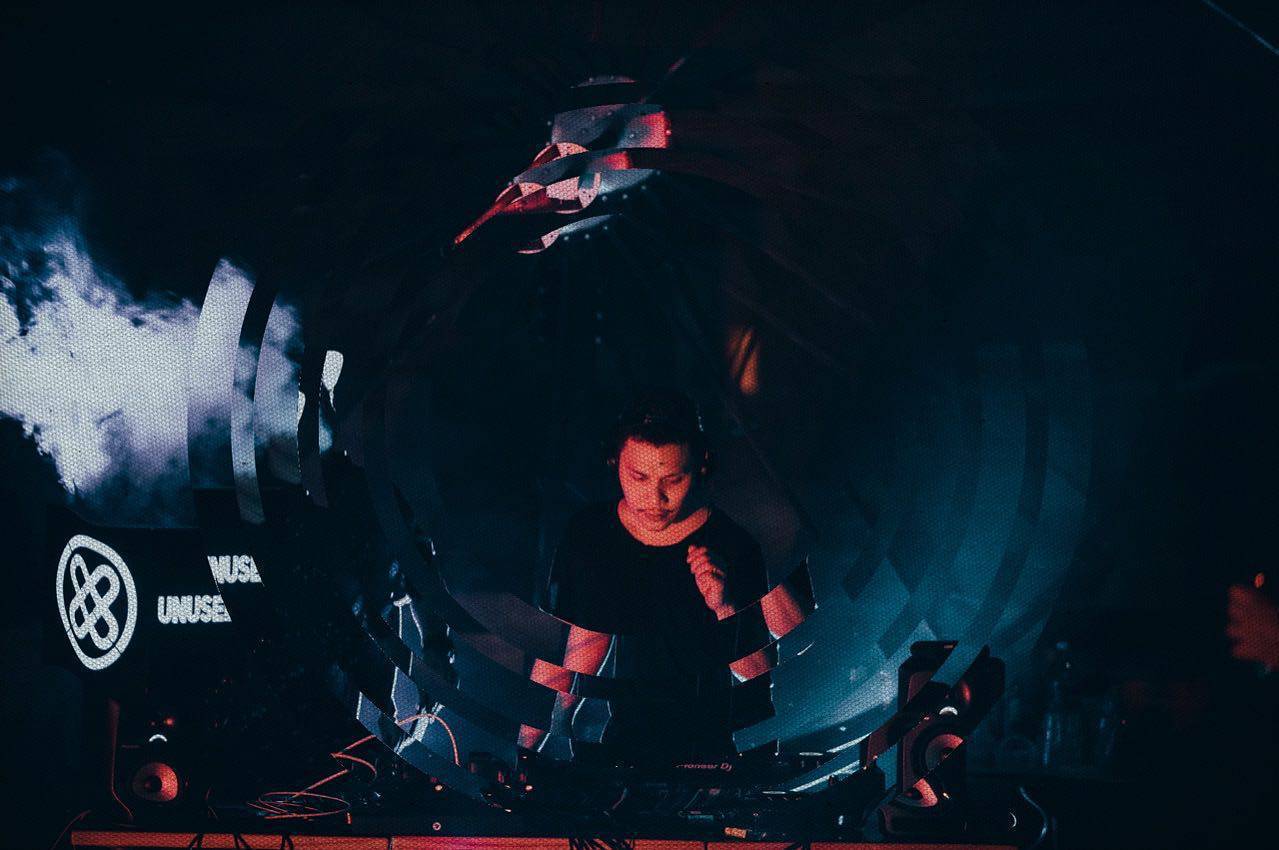
TJ Tiesjungle
BH: What do you think have been some of the achievements of UMT Radio?
KM: We’re still quite new so the biggest achievement is that we are 100% independent. We own and manage all operations in-house with a small but dedicated team. We don’t need to rely on any external tech or commercial aspects that might water down our vision of making it all about the artists and music first. We can choose carefully any partnerships we feel best to fit that direction.
We also have around 180+ artists from all over Thailand and the World involved in this project, to build on the community base that is already here and to extend the visibility of all those artists involved.Yes, we got off the ground just as everything closed. It was the biggest oxymoron; we were literally about to launch the online platform with a new festival, to grow. To launch and grow, we felt we needed to do events. Then the unfortunate series of events happened that saw closure everywhere.
We planned to do the RE:FIX Festival as the big launch. Myro at Fugue was going to be the event partner for it, and then everything closed. The launch event got cancelled. We were like, okay, then, how do we move forward without events? We decided we would continue to press on with the platform launch rather than delay it any longer.
We saw that lots of new live streams were launching at the same time, so decided to invest our time in what we could do with the platform to make it work in different areas as well. So we looked into migrating and improving servers. We’ve migrated servers three times since we started due to the traffic growth. We just had to improve our services. We upgraded our system to a bespoke standard so that when things open again, we can put things to use that artists can use to promote their events or have live steam shows or from their events, through our platform.
We were approached to have UMT events filmed for a documentary about nightlife in Bangkok. Which was filmed just before the lockdown happened in 2021. We’re hoping to expand the music map of Thailand with things like that. Not just Thailand either, we want to promote beyond Thailand as well, so that people see and hear more about the artists here.
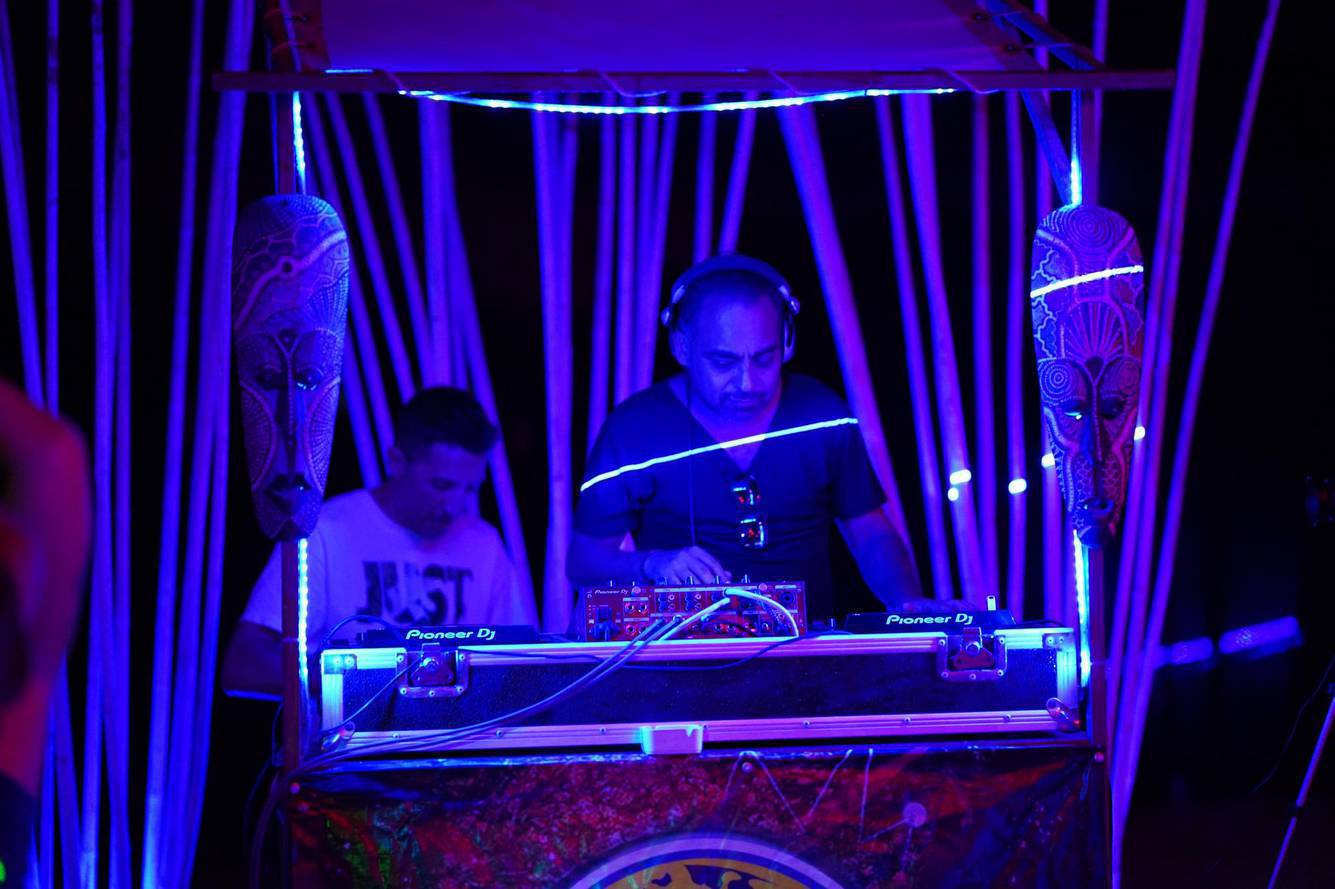
Vimal Pawa
BH: It’s interesting that many things migrated online during COVID. Would you phrase it as like that, in this sense?
KM: It’s true, there was an initial boom of things online since Covid. We moved slightly away from live stream video initially, since that was a little saturated at that moment, with so many great things happening at the same time to try and capture people’s attention.
We did a few live streams and tested it out, but then we realised that it was a new thing and we need to take stock of our foundations first. But there are many great things out there, the real problem is consistency.
BH: What would you say is your intervention into the scene? You talked about platforming artists that normally are not as focused in on.
KM: We wanted to create a level playing field. There are amazing DJs in Thailand who have worked tirelessly and continue to work tirelessly even without recognition as well as those who are more well known. The idea is to connect more of these DJs and allow them to know each other easily, whether that’s in terms of releasing music, mixes, events, at festivals or if they’re doing other creative projects.
The idea is to try and get a bit more of a community between different areas of Thailand. We want to try and find solutions as we’re all passionate, and we have music in our history. It’s about providing the platform to move forward for people.
BH: What would you say some of the challenges have been? Including COVID-related challenges.
KM: I don’t think to talk about Covid in those terms. Society always seems to focus on the bad side of things and I understand that, but we want to focus on the positive side. We’ve all had different challenges, Covid-related. The biggest issue for us was launching, of course, everything closed. All of a sudden all the events that we had lined up, all of the things that you put money into, the rug was pulled. In reality though, this was nothing compared to other real hardships that happened to people in this period. We’ve had to just adapt. It has meant that some artists have been unable to participate. This is even more reason why we want to keep moving forward, evolving and developing. We couldn’t sit still whilst the world slowed to a standstill. As they say in Thailand, we have to ‘keep fighting’.
In Thailand, you also have things like national service. So in the middle of getting involved with a show, sometimes artists might have to do their national service. We sometimes will run old mixes to keep a show alive. We might recycle a few mixes to help get past that time (when they cannot make new mixes etc), and then we look at it again, since you can’t recycle all the time. Fresh music is key. There are different things like that to work around.
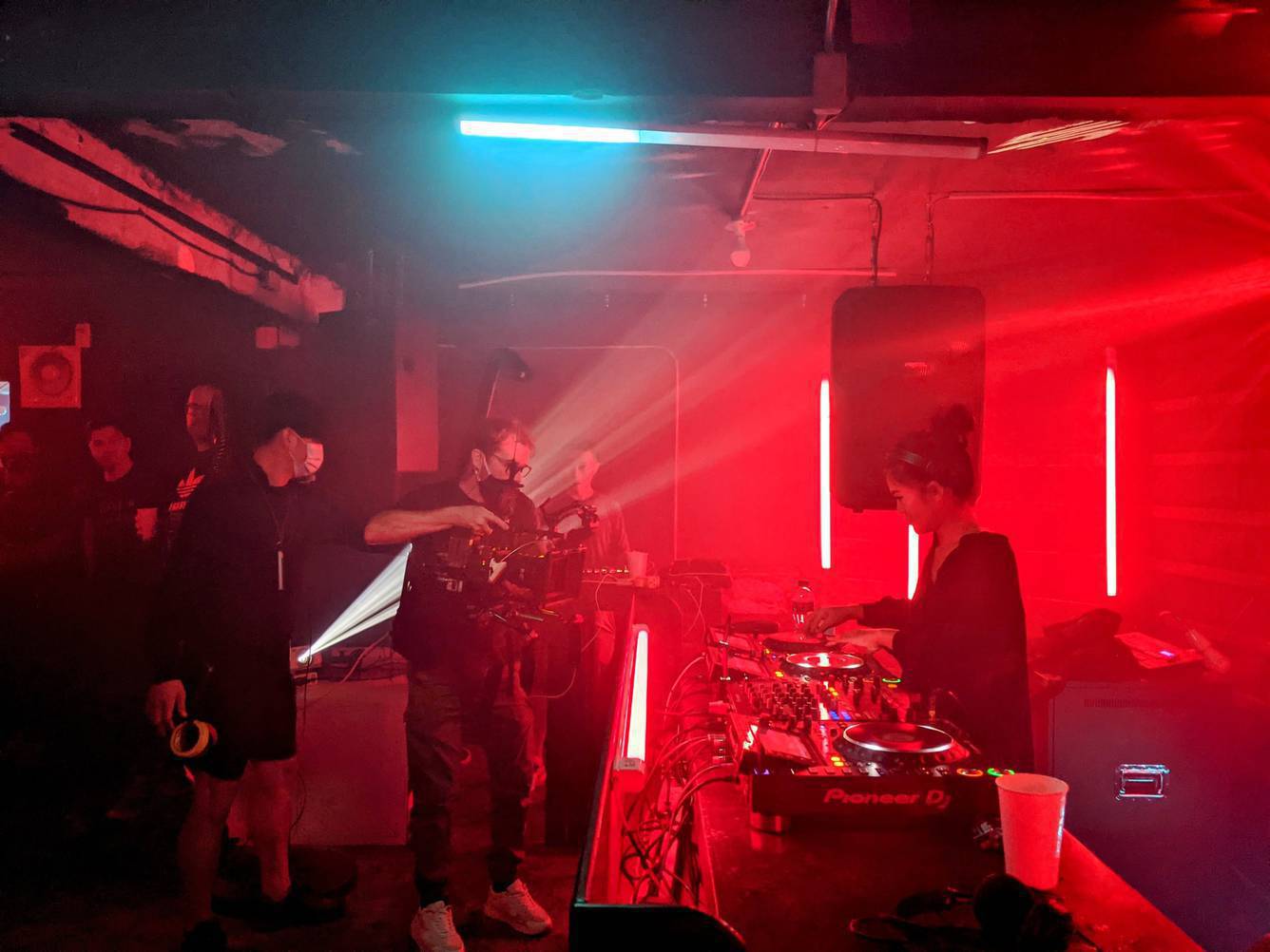
Refix event filmed for Netflix’s show: Midnight Asia: Eat · Dance · Dream
BH: What are you planning for the future?
KM: I think being fluid and flexible at the moment is the best thing we can try, because who knows how things will go at the moment. We have event and venue listings going live on the website now as well as editorials and the artist interview series to get through but with over 180+ involved, that also can take some time.
We do still have events in mind. The UMT team is based in different locations in Thailand though. I’m based in Koh Phangan and have a residency here called Sundays @ the Cove. This is just one of the many different bases we want to work from to grow. We’ll start by doing some live streaming from there soon and with Pangea Bar and Lighthouse Bar in Koh Lanta, and Hidden Gem in Krabi, where Vimal and Marcos are based, plus Korat where TJ is based.
We also want to go to places that can show more of Thailand and work with the UMT.radio artists around the country as well. With the view that this could be an up and down thing for a while. Rather than just live stream from one set destination, we’re going to look and partner with different people around Thailand. With this in mind, we have formed a working relationship with Linda at Lunatic Events to look at future possibilities, as things open up more in Thailand.
It means we can make a live stream show on the schedule and it’ll give another angle to the platform. It’ll promote the venue, those DJs, and that area for the stream with technical support from our team. The idea is to try and gather that momentum. And, of course, with things opening, we have ideas for festivals and satellite events in all these areas, featuring UMT DJs that are putting on an effort for the local area.
We’re growing with artists beyond just Thailand, as well. We have DJs involved from all over Asia and further and get artist applications from all over the world every day. We curate every artist to see what is possible, so it takes some time to get through them all. We’ve got talks for partnerships with other radio stations in different countries to cross-promote with. Things are opening up doors for Thai based artists to be heard not just across Asia but in Russia, USA, UK, Europe and other places as well. It’s about breaking the bottleneck and creating different bridges and partnerships. That’s another key aspect we’re working on currently, music beyond borders.


